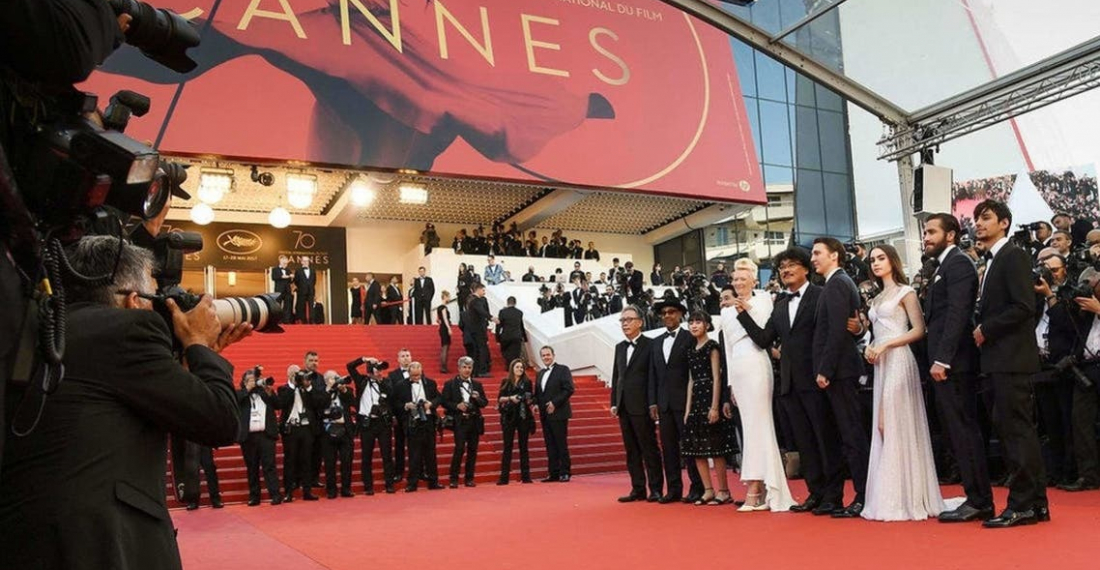The 74th Cannes International Film Festival opened yesterday (6 July) after being cancelled last year due to the ongoing Covid-19 pandemic. The festival, held in Cannes, France, previews films of all genres, including documentaries from all over the world. This year, the festival had a remarkable Arab presence despite the pandemic both at the level of films participating in the official competition as well as in the parallel categories on the margins of the main event.
The Algerian actor, Taher Rahim participated in the official competition for the first time, after participating in other categories in earlier editions of the festival. Tunisian director Kaouthar Ben Hania, whose film “The Man Who Sold His Skin” was nominated for an Academy Award this year, also competed in the International Feature Film category. Egyptian director Sameh Alaa, who competed in the international feature film category, will also join the competition for the short film category and the Cine Foundation competition.
As for movies, the Arab participation in the festival this year includes the Moroccan film “Casablanca Rhythms” directed by Nabil Ayouch. This is the first Moroccan entry to compete for the prestigious Palme d’Or. French-Tunisian-Algerian director Hafsia Herzi competed with the film “Umm Taiba”, which tells the story of a housekeeper trying to help her son, who is arrested for involvement in a robbery. The Lebanese director, Elie Dagher, who previously won the Palme d’Or for the best short film in the movie “Move 98” (2015), is also seeking to get the prize for the second time with his film “The Sea Before You”.
In addition to the usual country representation, a delegation from Film AlUla, the Royal Commission for AlUla’s newly established film agency, arrived at the festival to promote international film and TV production in the AlUla region of Saudi Arabia. Stephen Strachan, film commissioner at The Royal Commission for AlUla, said that the delegation aims to connect with the international film industry to introduce AlUla as a truly unique and exciting film destination open for International production. Other Saudi entities such as the MBC groups and the Red Sea film festival are also participating in the festival.
Source: commonspace.eu with various sources.
Picture: View from Red Carpet in Cannes Film Festival 2021







